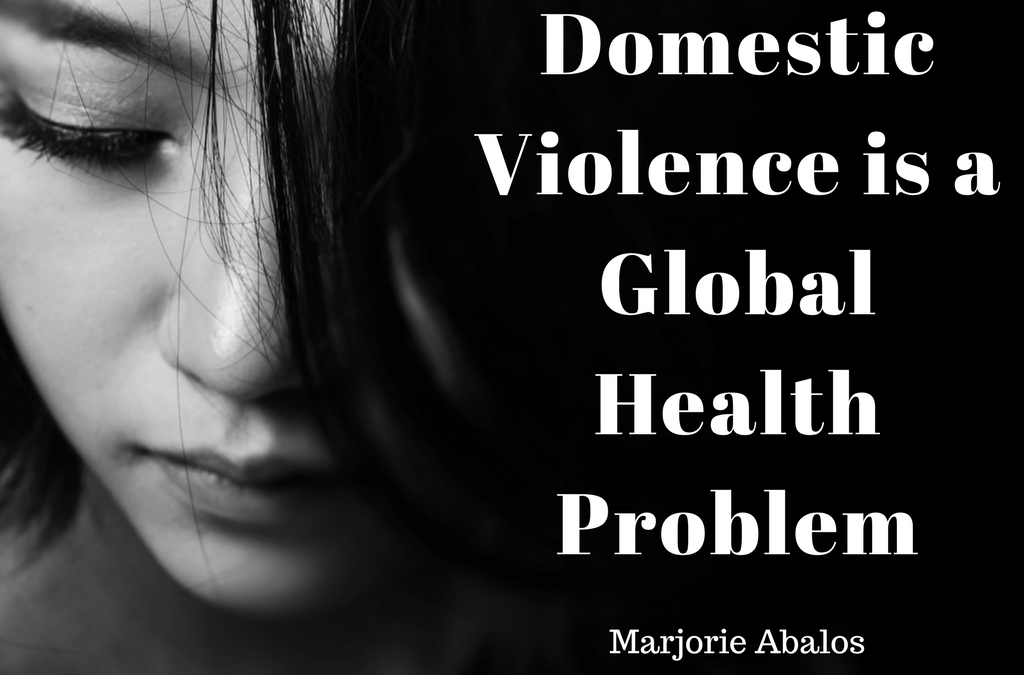It’s almost ironic that Women’s History Month and Domestic Violence Awareness Month are back to back in March and April, but at the same time, it’s very pertinent. Often a taboo subject, domestic violence is usually defined as instances of physical, emotional, or sexual abuse by cohabitating adults such as spouses or partners.
In the US, the #MeToo movement helped to bring national attention to abuses of power in a household that can lead to domestic violence and the lack of support that victims (often but not exclusively women) receive from both their communities and the government. Various state legislators are working on bills that will make it easier for victims fleeing unsafe environments to terminate leases early without penalty and take their cell phone of a family plan without the extra charges. There have also been discussions of ending the “boyfriend loophole” for domestic violence. In some states, the laws that prohibit domestic offenders from procuring firearms only applies to those who were violent to spouses, not necessarily to partners to whom they were not married.
This problem is not confined to the US, either, and in many nations, both developed and developing, domestic violence continues to present itself as a public health crisis. From lax laws to poor enforcement to cultural norms that allow for the mistreatment of women, domestic violence plagues women across the planet, but for a global public health crisis, it gets remarkably little press.
L.Y. Marlow, a Domestic Violence advocate, spoke about how we can apply our thinking on disease and epidemiology to help stamp out the occurrences of the issue. Similarly to how gun control activists have suggested researching gun violence like a disease, domestic violence advocates continue to champion the use of public health practices to eradicate domestic violence. For example, advocates are calling for increased funding to collect data on domestic violence so that cases, their spread, and effective stoppages can be documented and studied.
Rishi Manchanda, a doctor and TED Talk alum, writes and advocates for “upstream solutions” to public health problems. In his TED Talk, he describes how he was treating a woman with severe asthma, but cleaning the mold out of her building was the real solution to the issue. For domestic violence, advocates are calling for better education about healthy relationships and earlier intervention at the first sign that someone may hurt their partner.
In addition, public health has benefited greatly from the onset of cellular devices so that information both for regular people and for doctors can be spread more quickly. Social media campaigns have proven invaluable in bringing awareness to diseases and disseminating accurate information, slogans, and effective ways to stop the spread. #MeToo has helped to begin the work of bringing awareness, but next steps will include ensuring that perpetrators are either stopped before they commit a crime or appropriately punished if they do.

